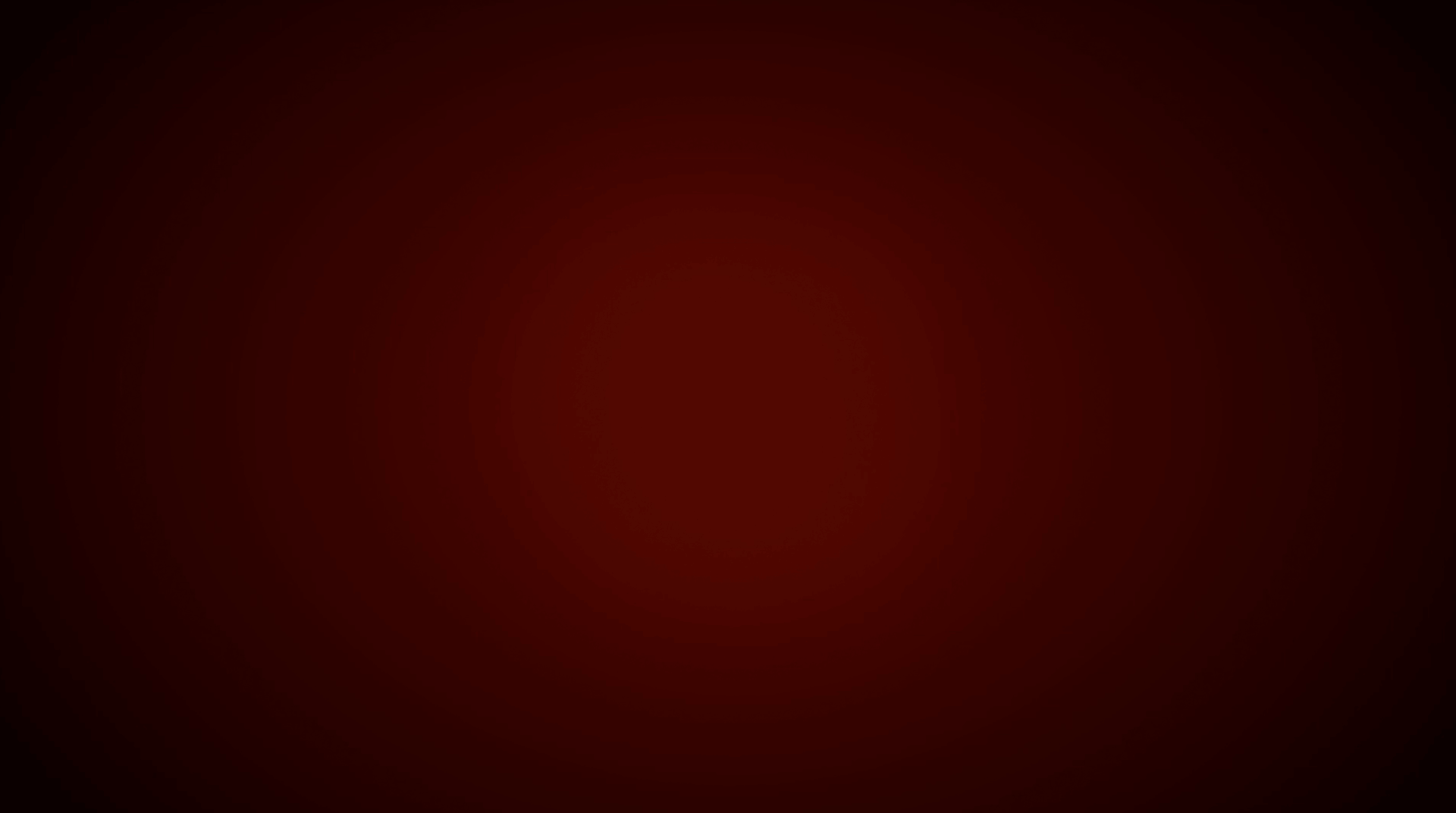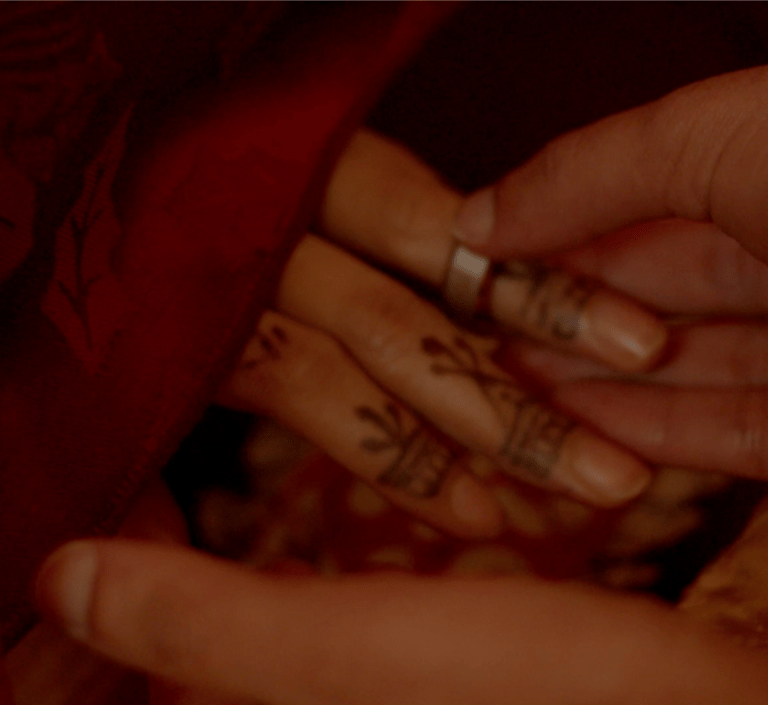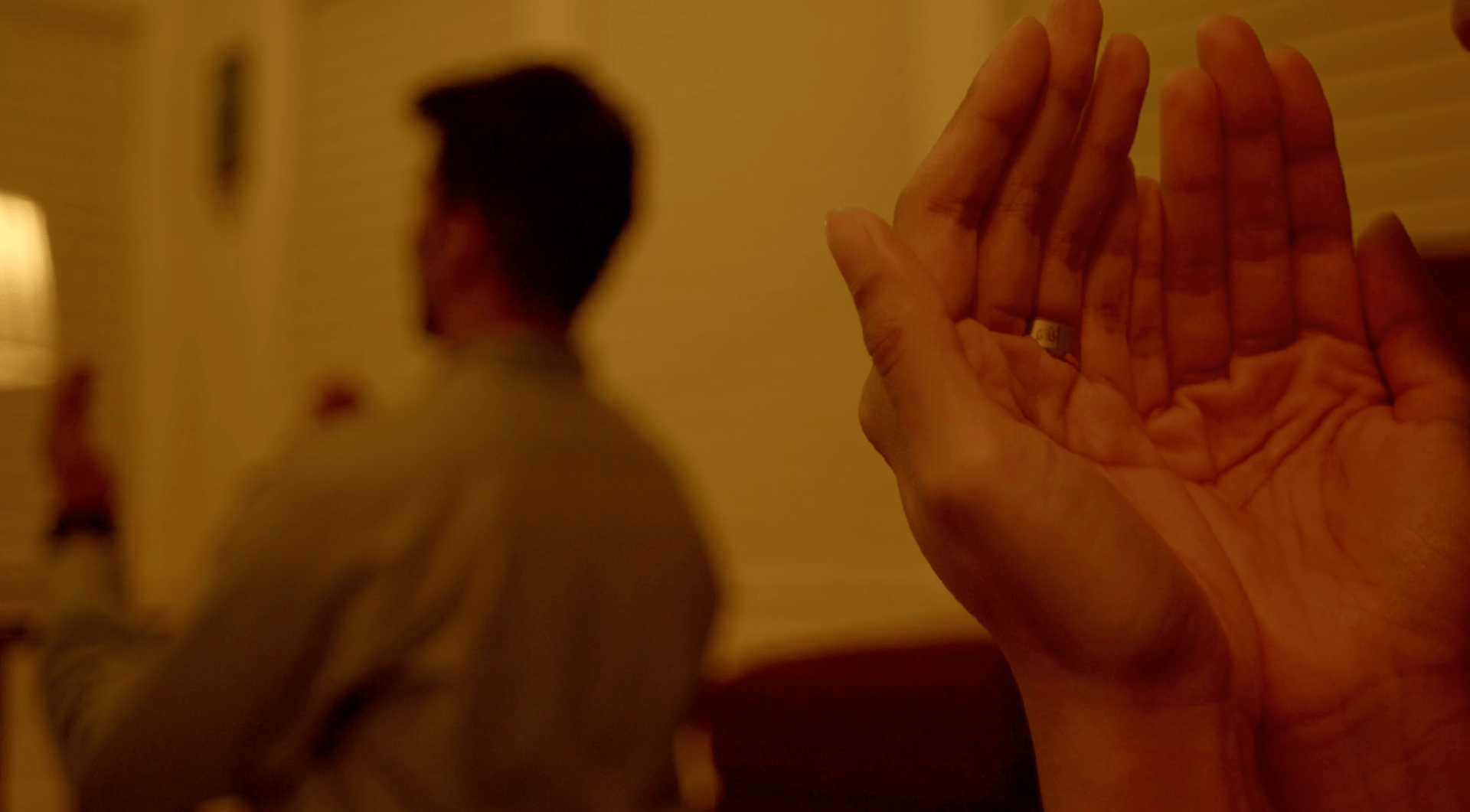
I made Queer Khalifa because I wanted to explore a reality where people like me can hope that with a little bit of effort, their love stories can cross the boundaries of cultural pressures.
While the film does not reflect my own story, it is specific to my experiences. As such, the representation a queer Muslim life, especially a trans one, does not define the demographics as a whole. The goal of this film is to inspire compassion for those with backgrounds different from our owns and resilience in our individual journeys.
Most notable is Abdullah's reference to his testosterone as the reason for why he does not have pads. At the time, I had been nearly two years off of testosterone following my egg-freezing. Two weeks after filming, there was an issue securing my testosterone and I had went without it for a week, only to get a cycle again.
There have been times where I had a cycle and it hadn't been because I was out of testosterone or my levels were low. Sometimes I just had a cycle. And it sucked.
But Abdullah's main reason for rebuffing Inayat's comment about having pads is the insecurity that she doesn't validate his identity. After all, she asks after making it hyperaware that he has to take testosterone and apply scar cream.
It's understandable that Abdullah's comment in the film isolates those who take testosterone and still have period. Abdullah's comments were about protecting himself, even at the expense of misrepresenting others like him. While he has these flaws, his existence in the film is not to stand in for all trans experiences, just his.
On transness



